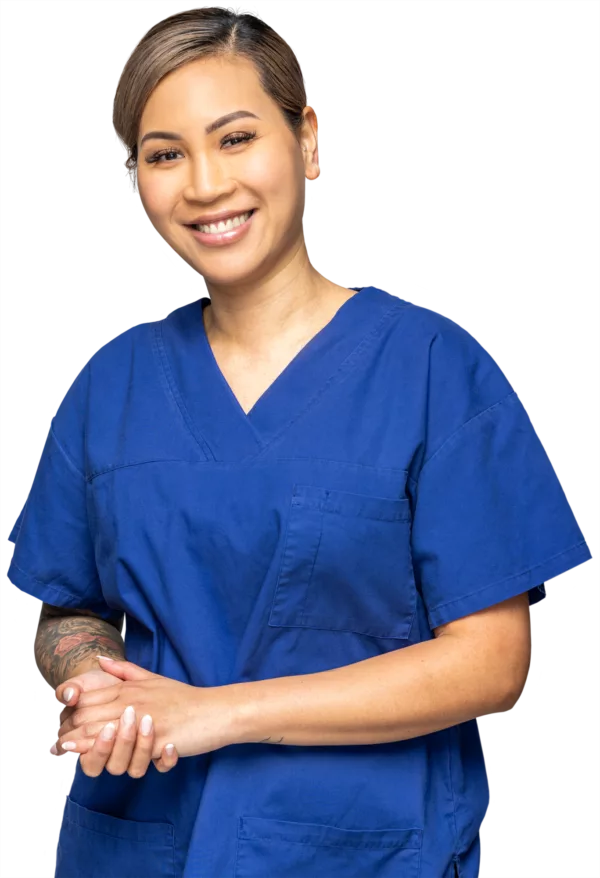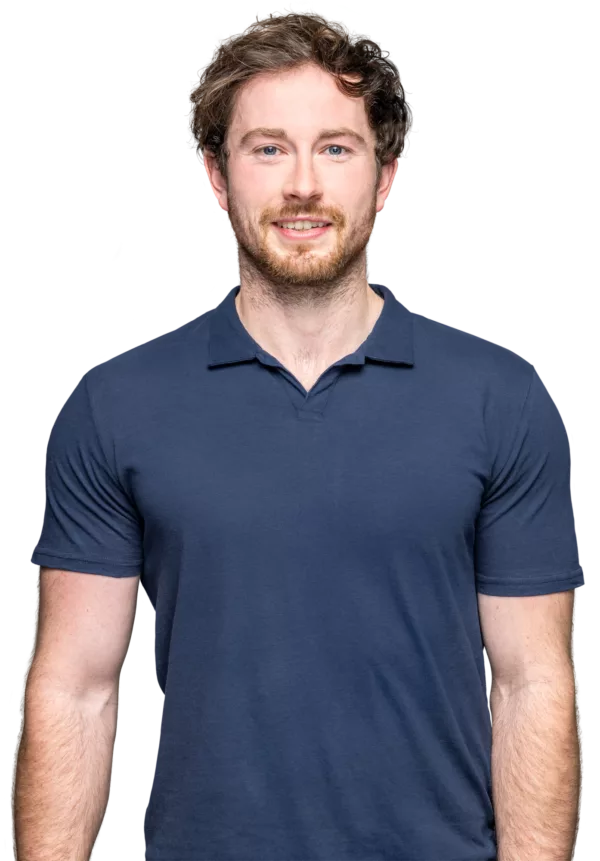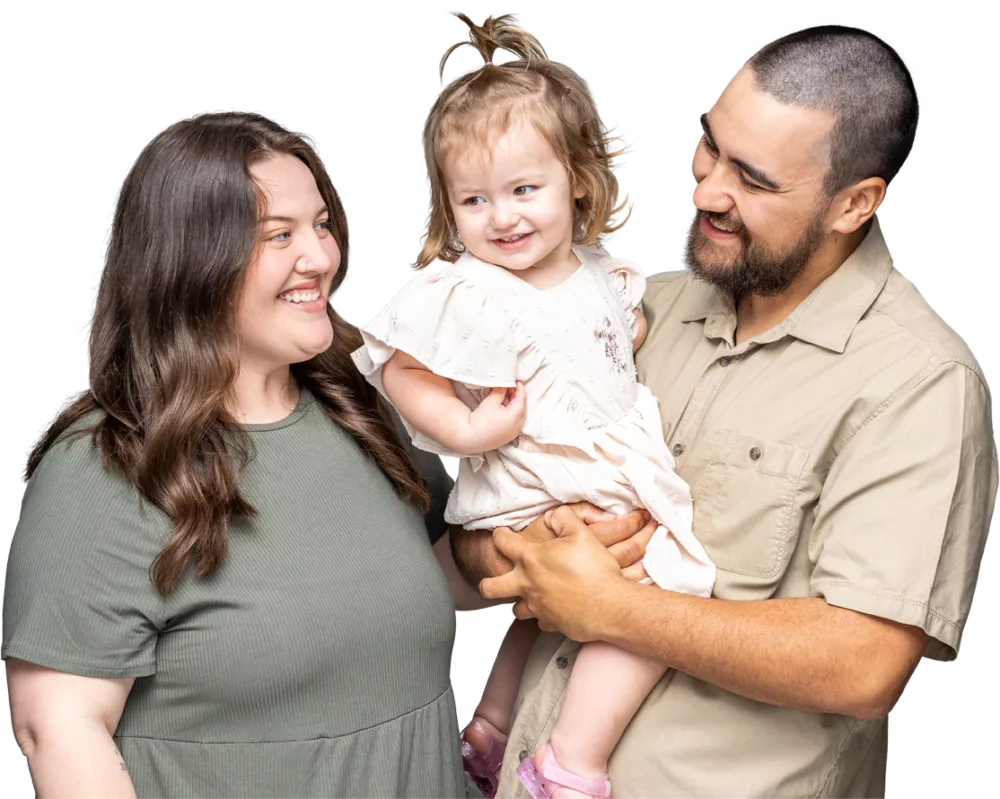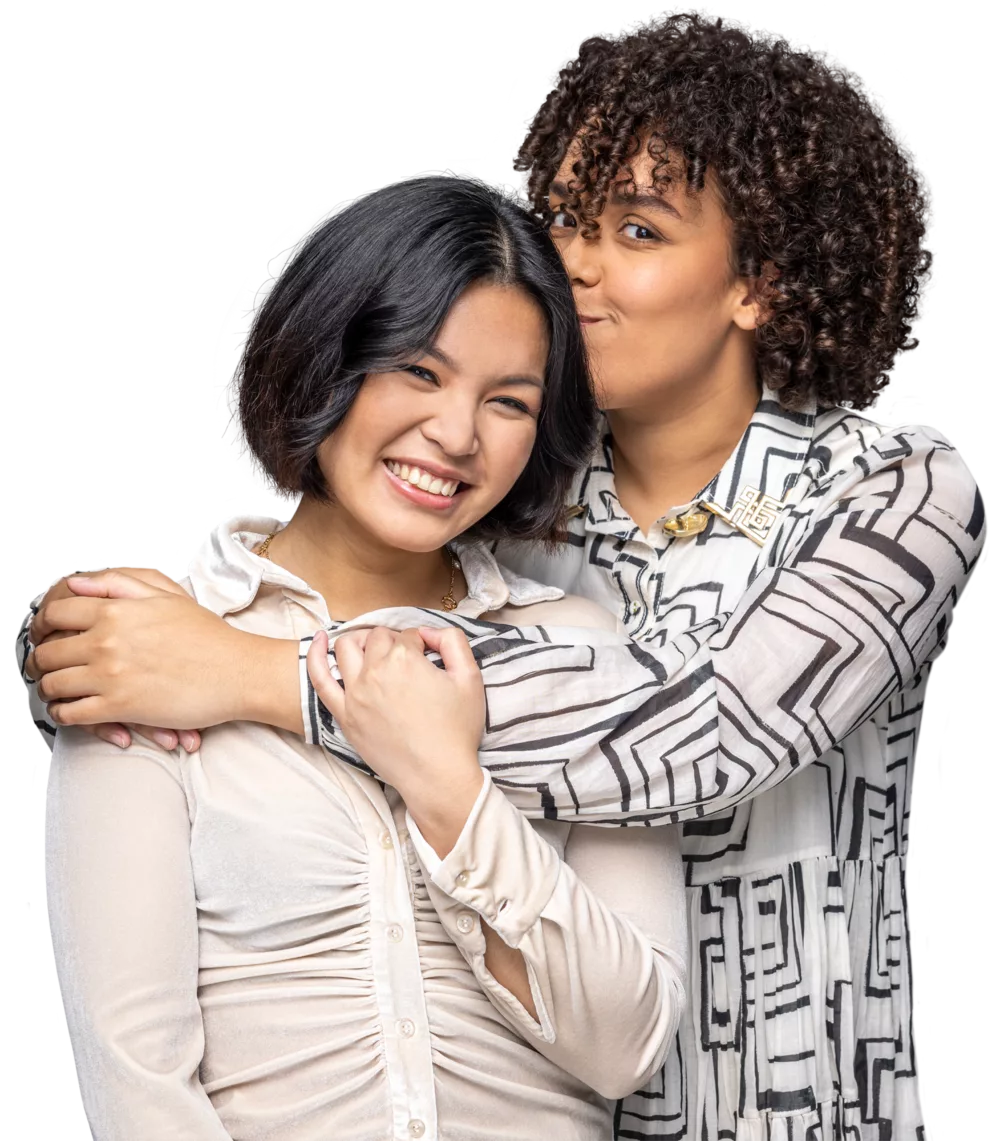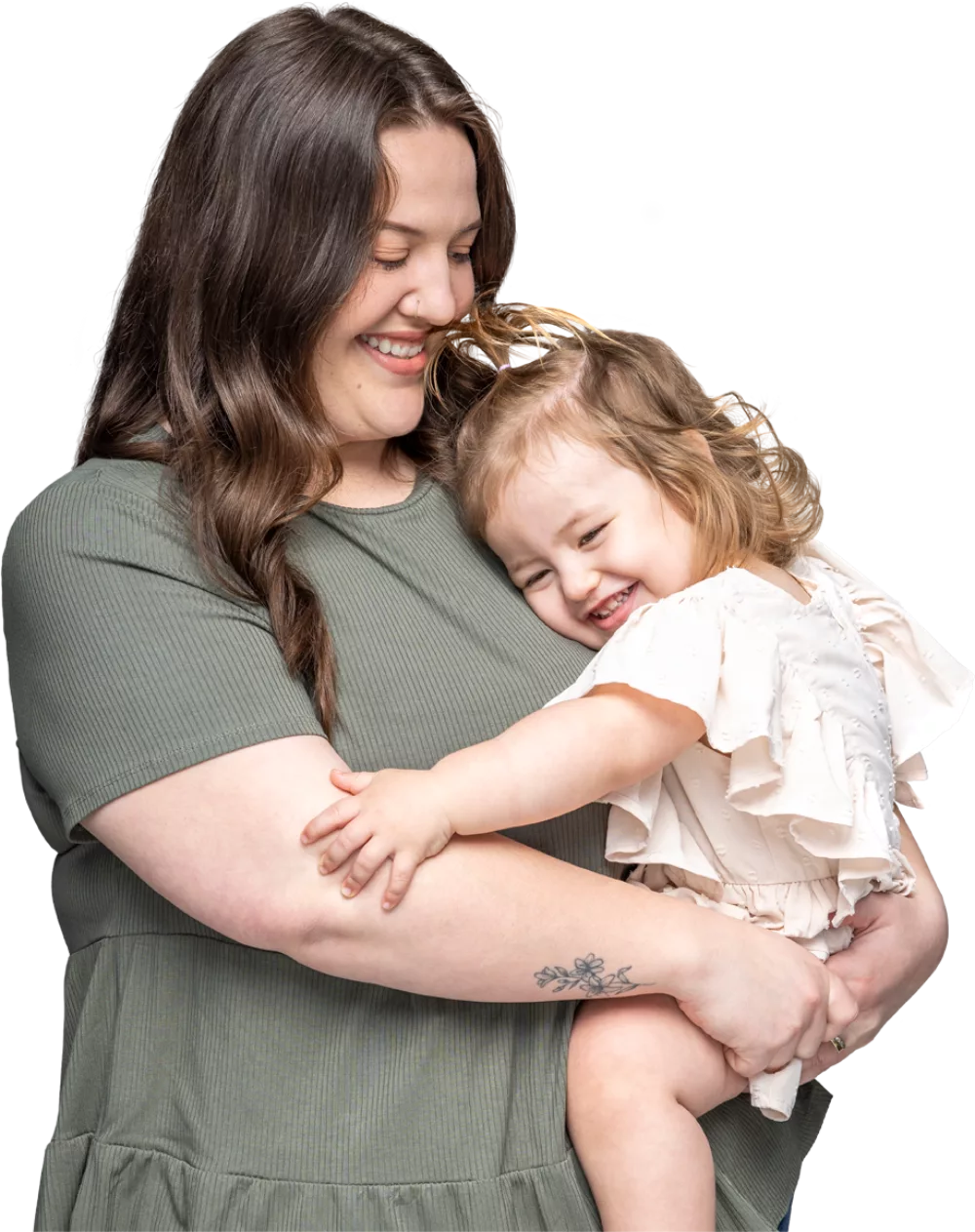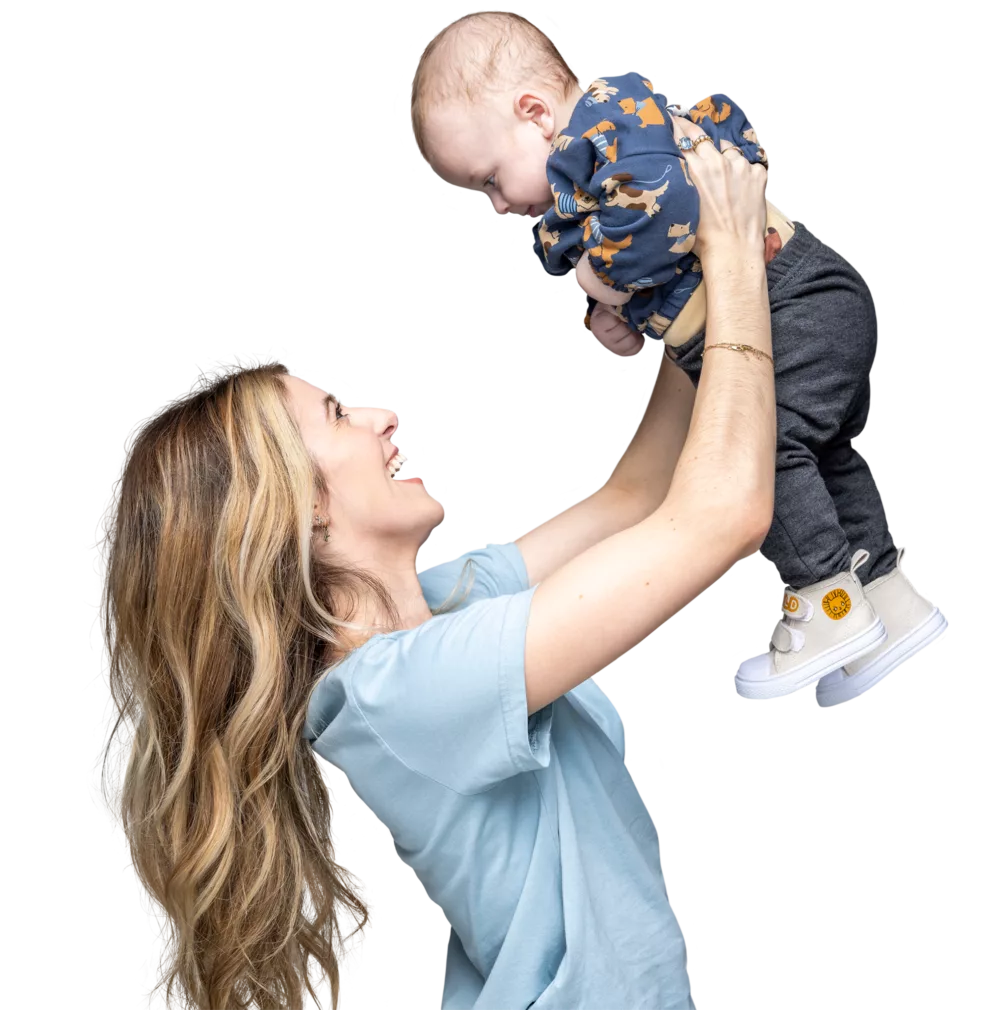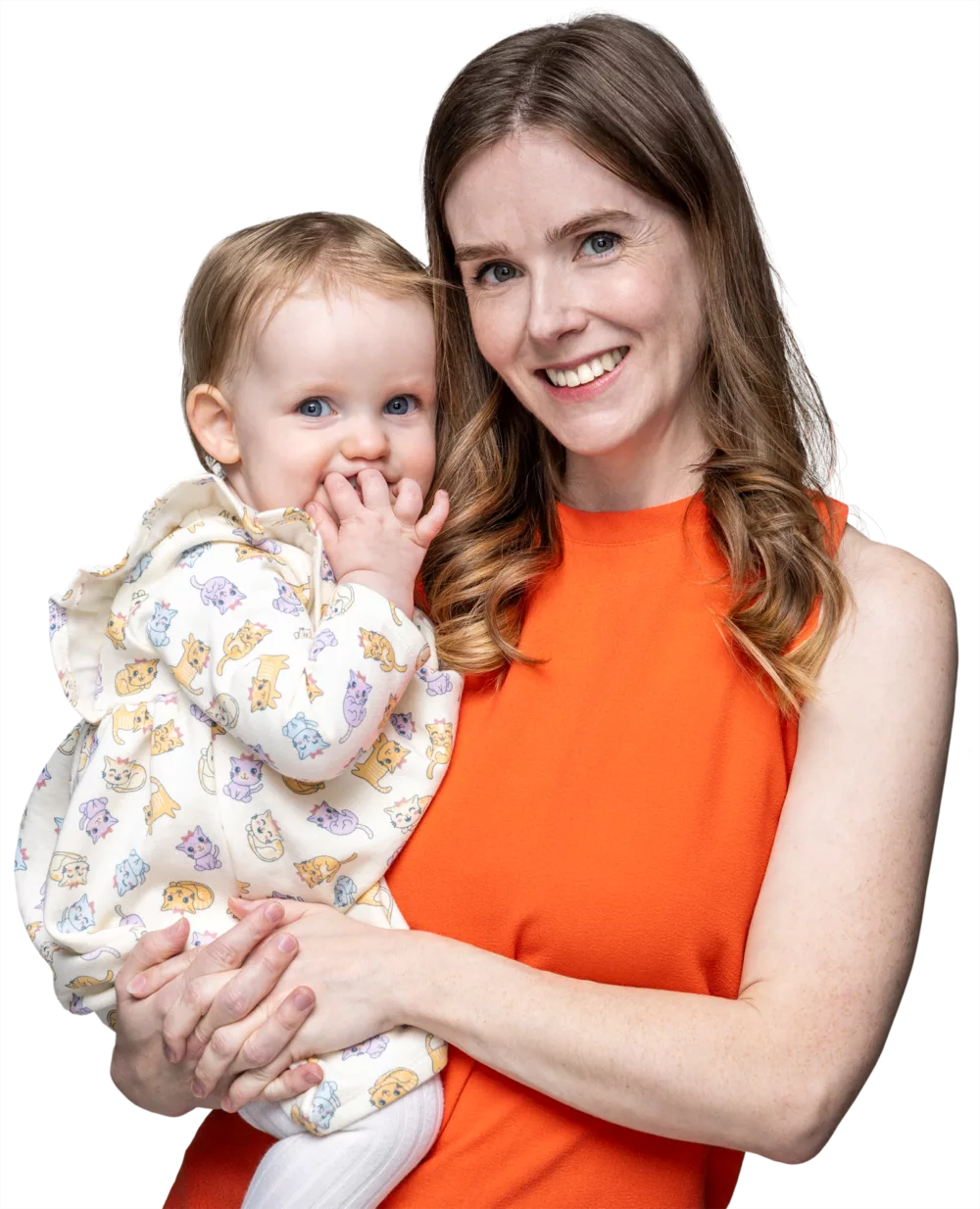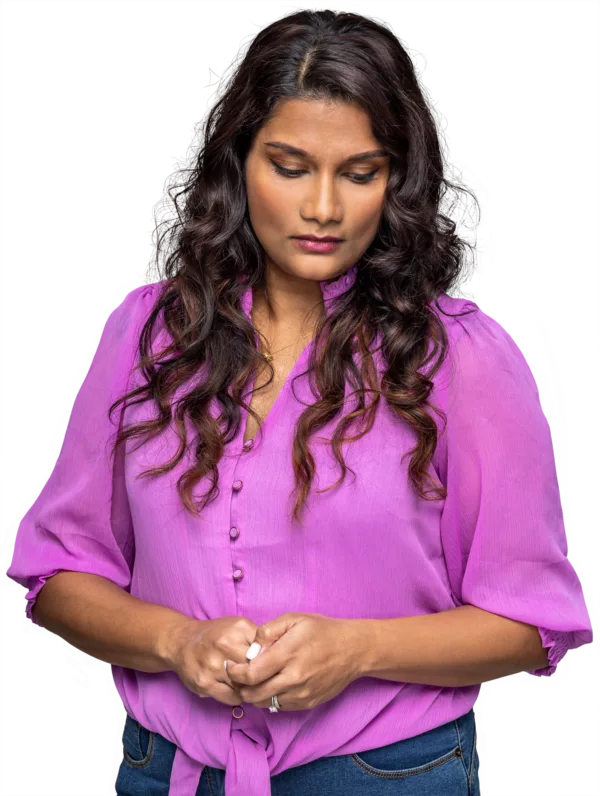Start your pathway to a family today.
-
29,000Babies born so far
-
36Years of experience
-
21Clinics nationwide
Your fertility
Being informed about your own fertility is the best thing you can do in your journey – and we’re here to help

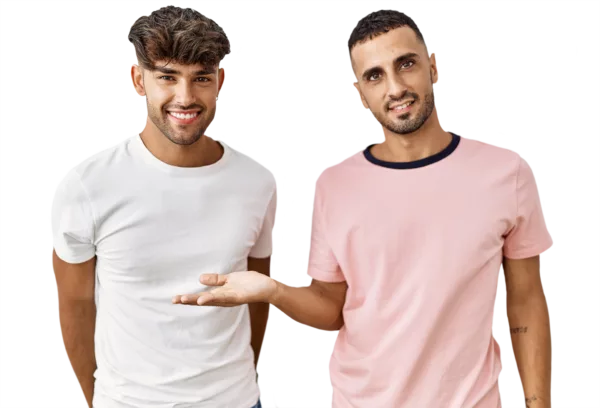
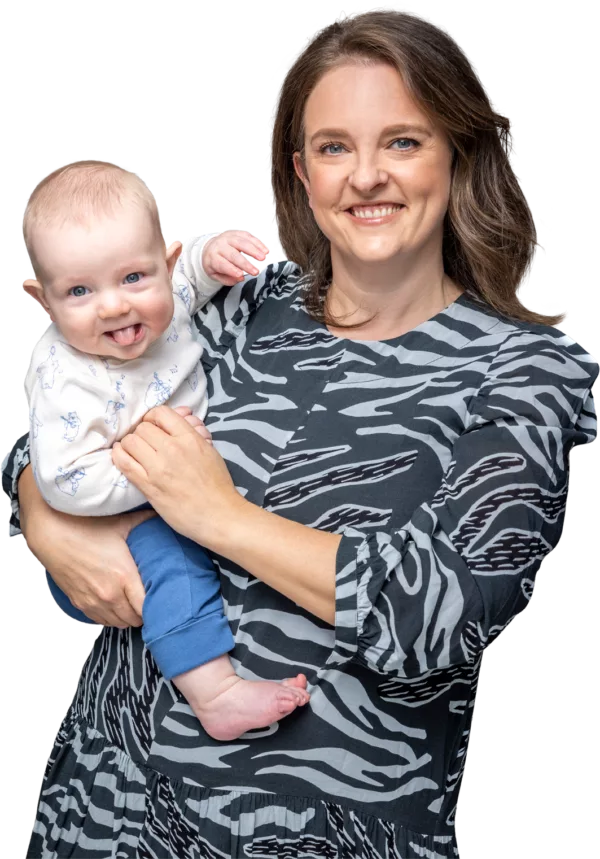
We’re committed to providing the very best fertility treatment, technology, expertise and care. With over 29,000 babies born so far and excellent success rates, we can help you on this very important journey towards having a baby
Our fertility treatments
World-class treatment plans to suit your needs
-
OI
Ovulation induction
A simple treatment that uses medication to stimulate the ovaries and encourage ovulation. No injections, and you still have sex to become pregnant.
-
IUI
Intra uterine insemination
Intra uterine insemination is the next step up from Clomiphene and Letrozole, and it can be used for quite a wide range of causes of infertility.
-
IVF
In vitro fertilization
IVF treatment depends on well-controlled conditions to give eggs and sperm the highest chance of getting together to create a pregnancy.
-
OE
Optional extras
At Fertility Associates we also offer technology additions.
Treatment costs & payment options
A Fertility Associates doctor or nurse can give you an individualised indication of what costs will be involved at each step of your treatment pathway.
Preserving your fertility
We're here to help you if you’re thinking of starting your family further into the future
Becoming a donor
Give the most amazing gift to a family in need - a chance to have a baby.
Founded by the doctors who introduced IVF to New Zealand
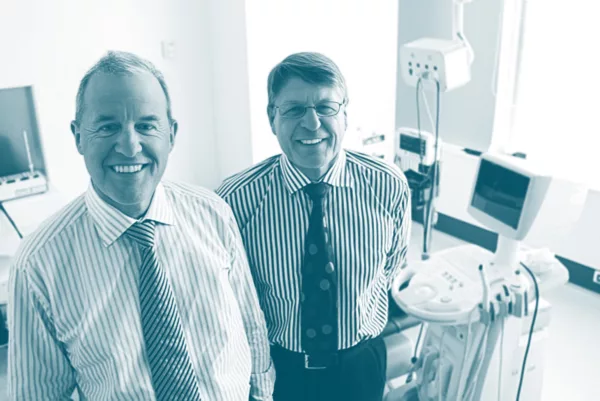
Fertility Associates: brought to you by the pioneers who brought IVF to New Zealand
Founded in 1987 by the pioneers who brought IVF to New Zealand - Dr. Freddie Graham and Dr. Richard Fisher- Fertility Associates has been at the forefront of fertility diagnosis, support, and treatment for over three decades. Our compassionate and highly experienced team is dedicated to helping you achieve your goal of having a baby.
At Fertility Associates you benefit from a comprehensive range of services, from fertility assessments and diagnosis to tailored treatment plans. Every individual and couple is unique, which is why we personalize our approach to your specific needs.
Choose Fertility Associates, the trusted name in fertility care. Contact us today to schedule a consultation and take the first step towards the family you've always dreamed of. Call us on 0800 10 28 28.
21 fertility clinics nationwide
Find your clinicsWe have 5 permanent clinics that offer services year-round, as well as 16 satellite clinics that offer monthly services at selected times.
Explore our clinics to find one that’s nearest to you.
Ready to start your fertility journey?
Book a free 15 minute phone consultation with one of our expert fertility nurses.
Book now